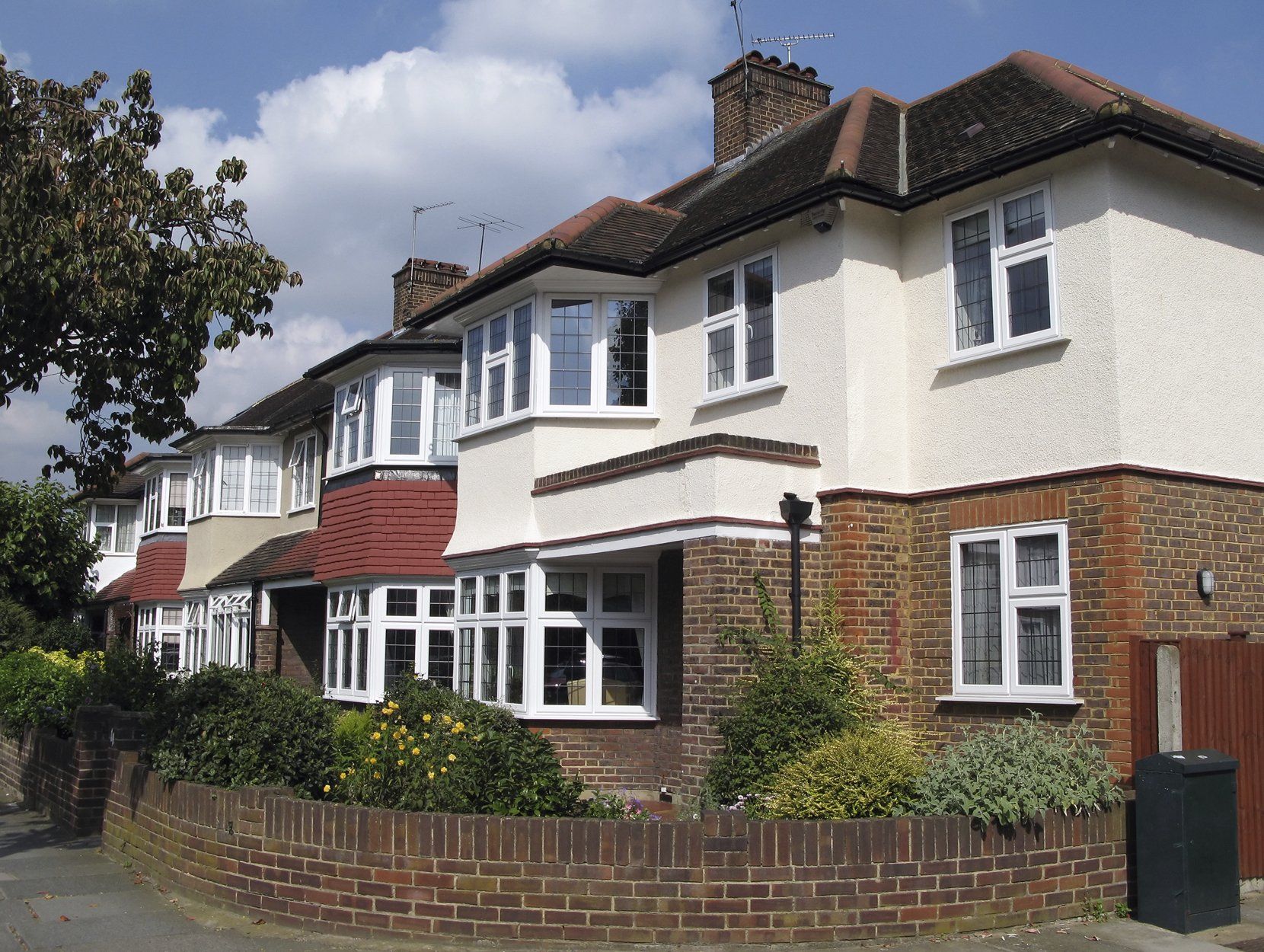Housing Disrepair: How do we calculate what a claim is worth?

This blog post provides you with all you need to know about how we calculate compensation in a Housing Disrepair Claim , and the types of damages covered.
Types of Damages
The amount of compensation owed to you in a Housing Disrepair Claim fall under two categories – general damages and special damages.
General Damages
General damages aim to reimburse you for the stress, inconvenience, and loss of enjoyment during your tenancy due to the disrepair. This is based on a rental reduction.
To calculate your general damages, we need to ensure you have previously made your Council or Housing Association aware of the issues at your property (complaints) and have then given them enough time to complete the repairs (usually 4-8 weeks, depending on the disrepair complained of). It is also necessary to prove that the repairs have caused you inconvenience by way of an inspection report.
How do we calculate General Damages for a Housing Disrepair Claim?
We calculate your general damages using the following formula:
Number of months spent in disrepair x £ rent per month = inconvenience
For example, if your rent is £400 per month and it has taken your landlord 12 months to rectify the repairs from you first notifying them, minus the reasonable amount of time to complete the repairs (4-8 weeks depending on the disrepair), the formula would look like this:
11 months x £400 = £4,400
The percentage repayable will then be assessed. As a rough guide, if you are renting a ground-floor flat with a total of 4 rooms and 2 rooms are damp, for instance, this would be classed as 50% inconvenience as half the rooms are in a state of disrepair.
We would then commence negotiations for general damages at £2,200 as per the below:
Number of months in disrepair (11) x £ rent per month (£400) – inconvenience percentage (50%) = amount repayable (£2,200)
Please note, the above is simply a brief guide. The compensation payable is dependent on the unique facts of each case.
Special Damages
Special Damages are claims for any monetary losses incurred directly because of the disrepair. This can include, but is not limited to:
·Spoiled decorations
·Damaged furniture or items/possessions
·Loss of earnings
For e.g., if you have missed a day of work to facilitate an inspection or repair-related appointment which has later been cancelled.
·Increased utility bills
For e.g., increased electricity bills because of running dehumidifiers to dry out your property following a leak.
How are Special Damages calculated for a Housing Disrepair Claim?
It is important to document all evidence of losses. This type of evidence can include receipts or an extensive written explanation. It is your responsibility to provide evidence of losses, not for the defendant.
If an expense was incurred, your Council or Housing Association does not have to meet it if the cost was excessive – they only must make recompense within reason. To succeed with the special damages’ aspect of your claim, you must establish that:
1. Your loss was caused as a direct result of the disrepair, i.e. there was a causal link;
2. They are reasonable, i.e. your Council or Housing Association is only obliged to recompense a reasonable amount which may not necessarily be the actual amount of the loss you sustained; and
3. You have mitigated your losses, i.e. endeavoured to keep them to a minimum.
For more information, contact us on 0800 610 2223 or Start Your Claim Online .
Contact Us










